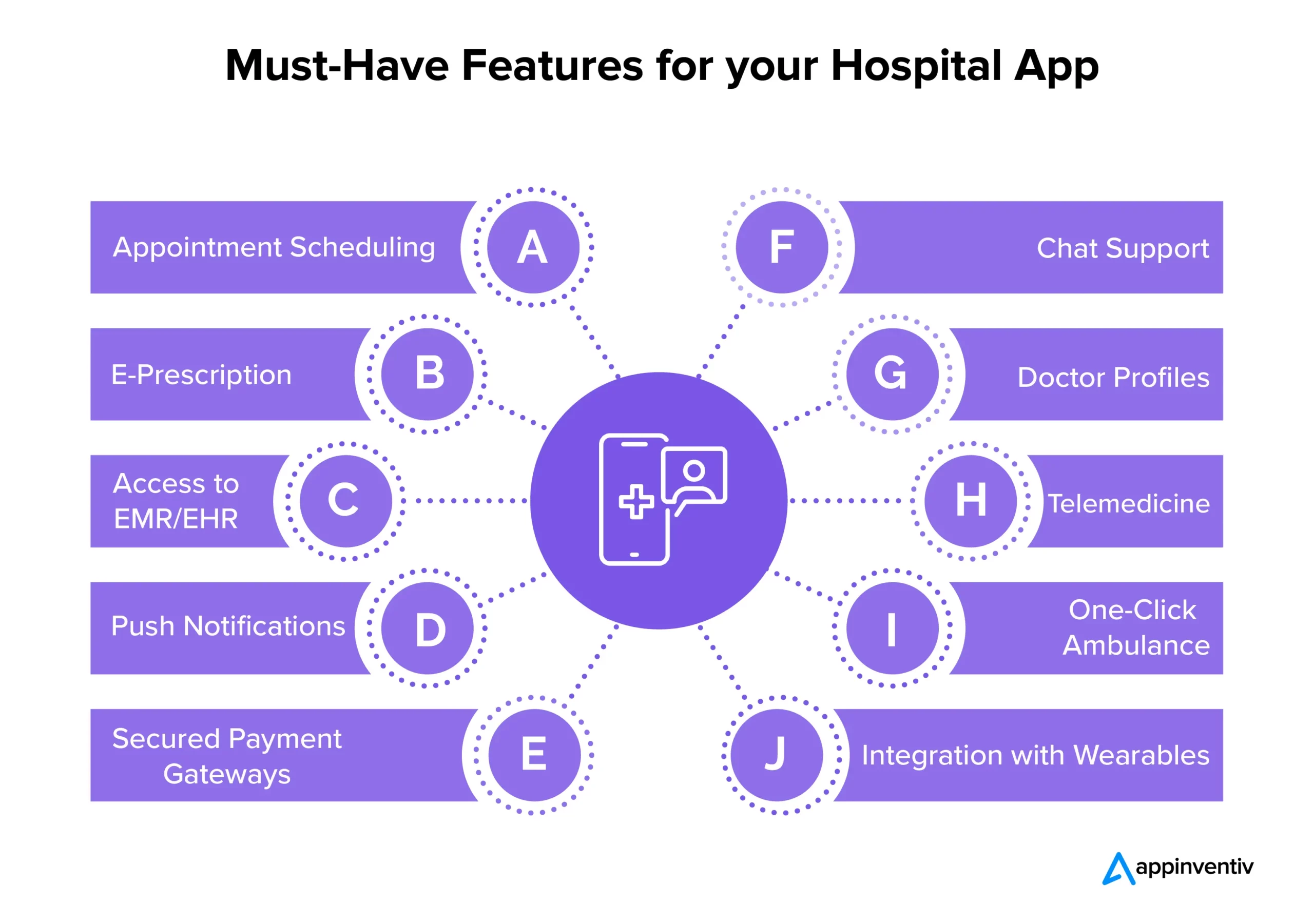

Healthcare is changing, and mobile technology is right at the heart of it. Gone are the days when patients would sit for hours in waiting rooms, filling out the same paperwork time and again. Thanks to mobile applications that connect patients with their healthcare providers, the healthcare experience of today is becoming more interactive, more personal, and – let’s be honest – more convenient. But building these apps isn’t as simple as creating another social media platform or game. Healthcare mobile app development companies face unique challenges. They need to create user-friendly interfaces while also making sure everything meets strict medical app compliance standards. It’s a bit like trying to bake a cake that not only tastes amazing but also follows specific nutritional guidelines.
Not the easiest task!
At Glance, we’ve watched this space grow over our 8+ years in mobile app development. What’s really interesting is how the most effective healthcare apps share certain features that keep patients coming back. Whether it’s secure messaging systems, medication reminders, or user-friendly health trackers… these aren’t just nice-to-have extras anymore – they’re expectations. We’ll look at what the best companies are doing right, how they keep everything compliant (without making apps feel like tax forms!) and which features actually help patients stay more connected to their healthcare over the course of this post. Ready to explore what makes healthcare apps truly helpful rather than just another icon taking up space on your phone? Let’s get started.
The Importance of Patient Engagement
Remember the last time you felt truly involved in your healthcare decisions? That feeling of being heard and included isn’t just nice to have—it’s actually vital for better health results. Patient engagement refers to how actively involved people are in their own healthcare journey. Instead of using the traditional “doctor knows best” approach, it’s about building a partnership between patients and healthcare providers. When patients take an active role in their health management, amazing things happen. Research consistently shows that engaged patients tend to follow treatment plans better, need fewer hospital stays, and generally achieve better health outcomes. It’s not rocket science—when we feel like we have a say in our health, we’re more likely to stick with the programme.
Why Mobile Apps Make All the Difference
Healthcare apps have completely changed the game when it comes to keeping patients involved. Think about it—most of us check our phones dozens of times daily. Having health information and tools right at our fingertips makes staying engaged almost second nature.
For healthcare providers, investing in patient engagement isn’t just good medicine—it’s good business too. Satisfied, engaged patients are more likely to stick with their providers, follow through with care plans, and yes, even pay their bills more promptly. In an increasingly competitive healthcare landscape, that connection with patients might be your clinic’s most valuable asset.
Essential Communication Features
Let’s be honest – communication is the backbone of any good healthcare relationship. What about mobile apps, too? Well, it’s very important. The best healthcare mobile app development companies understand that patients need to feel connected, heard, and informed.
I’ve seen loads of healthcare apps over the years, and the ones that really shine always nail these communication basics. It’s not rocket science, but it’s surprising how many get it wrong!

